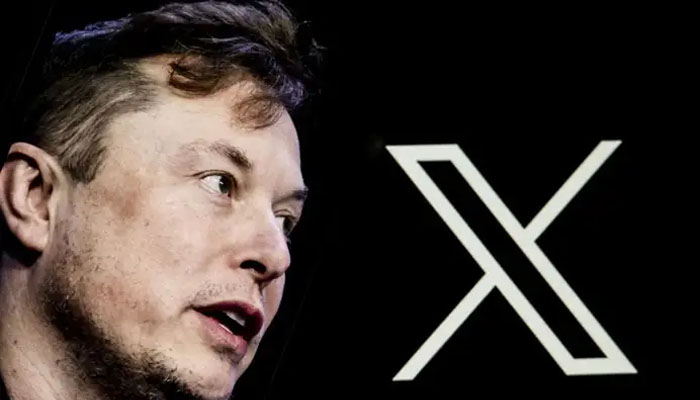'X files for bankruptcy', is this the headline Elon Musk is waiting for?
Disney, Apple have stopped advertising on X, and Elon Musk has told corporations that have departed to "Go [expletive] yourself"
Elon Musk's vitriolic rant on advertisers boycotting X, formerly known as Twitter has perplexed the experts — can X thrive if advertisers continue to leave and don't return?
"In April, I sat down with Musk for the first of his many chaotic interviews about his acquisition of X," said James Clayton, a North American technology reporter, according to BBC.
"He said something that, in hindsight, was rather revealing, but which passed me by at the time."
He said, "If Disney feels comfortable advertising children's movies [on Twitter], and Apple feels comfortable advertising iPhones, those are good indicators that Twitter is a good place to advertise."
Seven months later, Disney and Apple have stopped advertising on X, and Musk has told corporations that have departed to "Go [expletive] yourself."
After an investigation by a US group, Media Matters for America, revealed ads appearing next to pro-Nazi messages, the corporations suspended advertising. X vigorously contested the study, calling its research methods into doubt, and filed a lawsuit against the group.
Musk invoked the '"b" word - bankruptcy - in a furious interview on Wednesday, indicating how much the ad boycott hurts the company's bottom line.
Bankruptcy may seem impossible for a corporation he purchased for $44 billion (£35 billion) last year. However, it is conceivable.
To understand why, consider how dependent X is on advertising income - and why sponsors aren't returning.
Although we don't have the most recent data, advertising accounted for around 90% of X's revenue last year. It is the company's beating heart.
Musk hinted at this on Wednesday.
"If the company fails… it will fail because of an advertiser boycott. And that will be what bankrupts the company." he said.
According to Mark Gay, chief client officer of marketing consultant Ebiquity, which works with hundreds of companies, there is no indication that anybody would return.
"The money has come out and nobody is putting a strategy in place for reinvesting there," he says.
What does Musk have if advertisers go for good?
When Clayton interviewed him in April, it was apparent that he realised that subscriptions to X would not replace advertising revenue.
"If you have a million people that are subscribed for, let's say, $100 a year-ish, that's $100m. That's a fairly small revenue stream relative to advertising," he told him.
X's advertising income is expected to be approximately $4 billion in 2022. According to Insider Intelligence, it will fall to $1.9 billion this year.
The apparent solution to all of X's issues is to quickly locate another cash stream. Musk is making an effort.
He has developed a new service for audio and video chats. He broadcast himself playing video games last month and expects that X can compete with applications like Twitch.
He wants X to be the "everything app," with features ranging from conversation to online payments.
According to the New York Times, which obtained a copy of Musk's pitch deck last year, X was expected to generate $15 million from a payments company in 2023, climbing to $1.3 billion by 2028.
-
Global memory chip crunch puts spotlight on Apple; Will iPhone become more pricey?
-
Bitcoin plummets toward $60,000 as investors dump risky bets
-
Bitcoin crashes below $63K as regulatory pressure and market fears grow
-
Bitwise Crypto Industry innovators ETF: What investors should do in 2026?
-
Nintendo shares slide again as momentum fears grow
-
Gold, silver prices fallen sharply; What’s driving the drop?
-
Gold’s record climb: Experts question if its safety is ‘overstated’
-
Dubai unveils plans to construct street built with real gold












